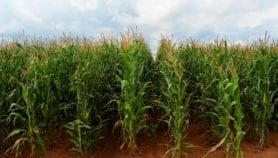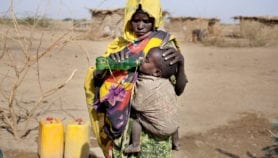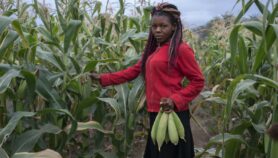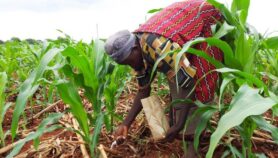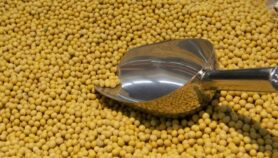21/09/22
Zimbabwe boosts wheat growing amid global shortage
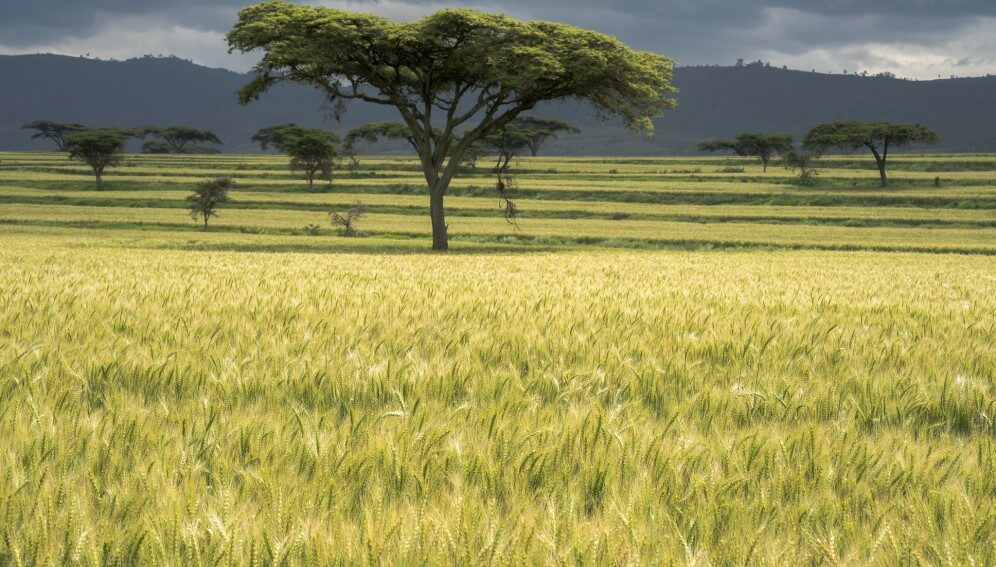
By: Francis Kokutse
Send to a friend
The details you provide on this page will not be used to send unsolicited email, and will not be sold to a 3rd party. See privacy policy.
[KIGALI] At a time when most African countries are not meeting local demands for wheat supplies as a result of the war in Ukraine, it is refreshing that Zimbabwe has increased wheat production.
At the African Green Revolution Forum (AGRF) summit held in Rwanda earlier this month, Zimbabwe’s achievement was attributed to the country’s efforts in mobilising local scientists to improve the crop’s production.
Zimbabwe now has 13 months’ supply of wheat, up from three months’ worth before the conflict.
“We used to depend on importation of wheat from Ukraine in the past, but we have been able to produce our own. So, the crisis in that country has not affected us,” said the country’s President Emmerson Mnangagwa.
“We used to depend on importation of wheat from Ukraine in the past, but we have been able to produce our own.”
President Emmerson Mnangagwa of Zimbabwe
This must be a feat for an African country that has been under Western sanctions for 25 years, hindering imports of much-needed machinery and other inputs to drive agriculture.
In April, delegates at the UN Food and Agriculture Organization’s Africa regional conference said that the continuous rise in food prices over the last two years posed new threats to food security, particularly in countries highly dependent on food imports.
Mnangagwa explained that his country had built dams to help irrigate 360,000 hectares of land, which has been put under cultivation and used to improve maize production.
Taking the lead, he cautioned the continent not to allow the crisis in other parts of the globe to affect their food security.
But as Zimbabwe is pushing its way out of food insecurity, Agnes Kalibata, president of the Alliance for a Green Revolution in Africa, said that some countries were facing food shortages because of logistical problems across the continent.

“We are not able to move food around to increase trade in maize, for instance,” Kalibata added.
This is a real concern for food production in Africa. Burkina Faso produces more tomatoes than the country needs, the AGRF summit heard, but the surplus is not quickly transported to neighbouring Ghana, a situation making smallholders lose incomes.
Even in Ghana, getting maize from the producing regions is a problem because the farmers do not have storage facilities and the roads are bad.
Kalibata urged African countries to produce more on the continent and reduce the importation of food, which currently stands at US$50 billion a year.
There is an urgent need to repurpose food policies to address the emerging challenges affecting our food systems, without compromising the economic, social, and environmental fundamentals, Kalibata said.



Given that many African countries are not meeting their food needs, it is becoming clear that the continent will be far from meeting the UN’s Sustainable Development Goal of ending hunger by 2030.
It is imperative that African governments make a concerted effort to invest in agriculture research, technology and infrastructural development and to move fast to prevent hunger and its attendant poverty.
This piece was produced by SciDev.Net’s Sub-Saharan Africa English desk.








